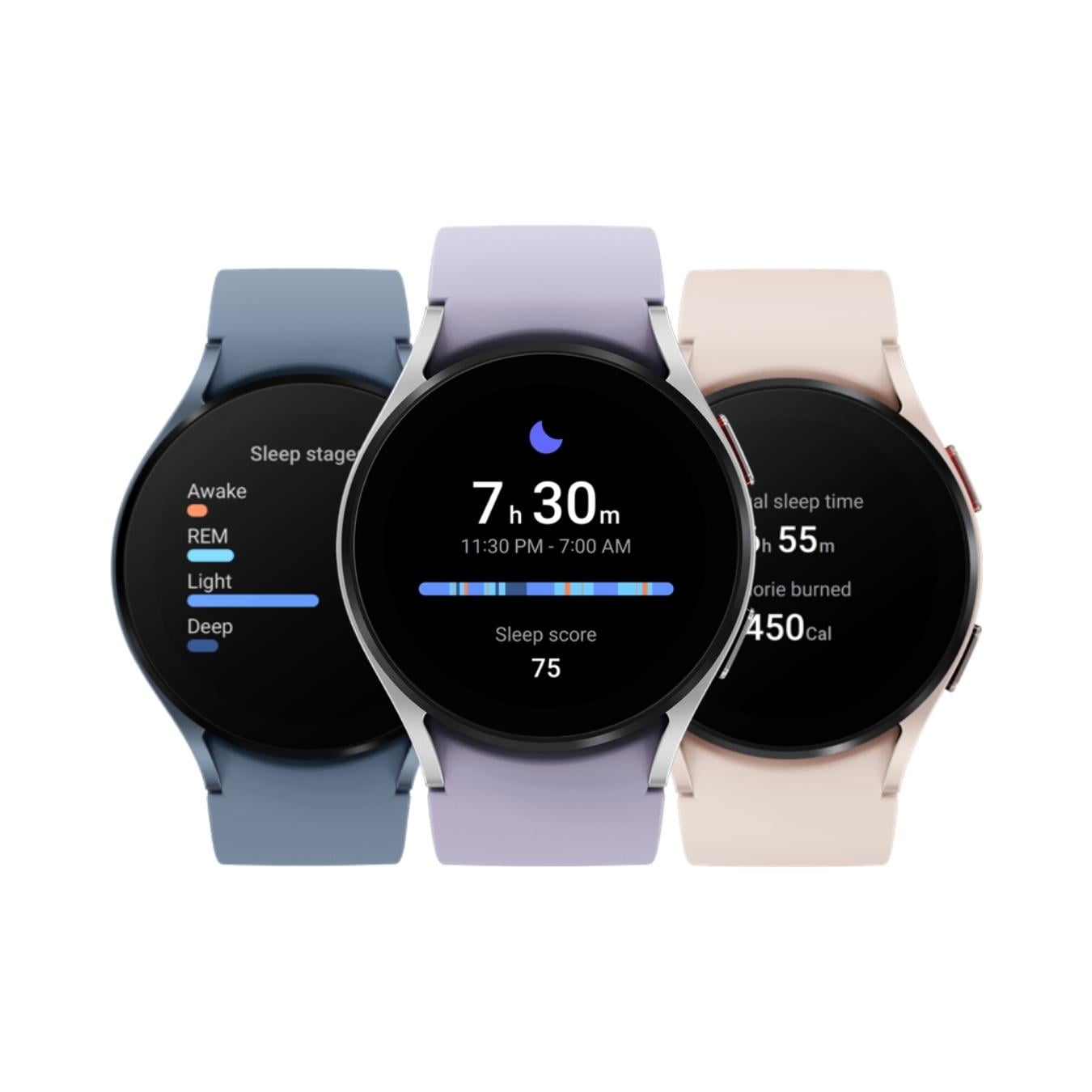
In the realm of wearable technology, smartwatches have primarily been viewed as convenient extensions of our smartphones, offering notifications, fitness tracking, and basic health monitoring. However, recent research conducted at the University of Michigan suggests that the Galaxy Watch may possess capabilities far beyond its initial perception.
A series of studies conducted by the university’s Exercise & Sport Science Initiative (ESSI) have revealed a strong correlation between data collected by the Galaxy Watch and that of sophisticated clinical and sports science equipment. The findings indicate that the smartwatch’s sensors can accurately measure vital signs, track physical activity, and even assess sleep quality with a level of precision comparable to dedicated medical devices. This discovery has significant implications for both the consumer wearable market and the field of sports science research.
Unveiling the Data: What the Studies Show
The University of Michigan studies focused on several key areas where the Galaxy Watch’s performance was evaluated against established standards:
- Heart Rate Monitoring: The Galaxy Watch’s heart rate sensor demonstrated a high degree of accuracy when compared to electrocardiogram (ECG) readings, a gold standard in heart rate measurement. This accuracy was maintained across various activity levels, from rest to intense exercise.
- Sleep Tracking: The smartwatch’s sleep tracking capabilities were also found to be reliable, providing data on sleep stages and duration that closely aligned with polysomnography (PSG) results, the most comprehensive method of sleep analysis.
- Physical Activity Monitoring: When it came to tracking steps, distance, and calories burned, the Galaxy Watch proved to be a dependable tool, offering results comparable to those of dedicated fitness trackers and even laboratory-grade motion capture systems.
These findings paint a picture of a smartwatch that is capable of providing meaningful health and fitness data, not just for casual users but also for researchers and athletes seeking accurate insights.
Implications for the Future
The strong correlation between Galaxy Watch data and clinical and sports science equipment opens up exciting possibilities in several domains:
- Consumer Wearables: The research validates the potential of smartwatches to serve as legitimate health and fitness monitoring tools. This could lead to increased adoption of wearables for personal health management and potentially even remote patient monitoring under medical supervision.
- Sports Science Research: The accuracy of the Galaxy Watch’s data collection could streamline sports science research by allowing for data collection in real-world settings without the need for cumbersome laboratory equipment. This could lead to new insights into athlete performance, training optimization, and injury prevention.
- Accessibility and Affordability: The relatively low cost of smartwatches compared to specialized medical devices could make health and fitness tracking more accessible to a wider population. This could have a positive impact on public health by encouraging individuals to take a more proactive role in managing their well-being.
Beyond the Numbers: Personal Experiences and Observations
As someone who has used various smartwatches and fitness trackers over the years, I’ve always been intrigued by their potential to provide valuable health and fitness data. However, I’ve also been skeptical about their accuracy, particularly when compared to dedicated medical devices.
The University of Michigan studies have challenged my skepticism and made me reconsider the capabilities of consumer wearables. I’ve personally experienced the accuracy of the Galaxy Watch’s heart rate monitoring during workouts, finding it to be consistent with my perceived exertion and other heart rate monitors I’ve used.
I’ve also found the sleep tracking data to be insightful, offering a detailed breakdown of my sleep patterns that has helped me identify areas for improvement. While I haven’t had the opportunity to compare the Galaxy Watch’s data directly to clinical equipment, the research gives me confidence in its reliability.
The University of Michigan’s research on the Galaxy Watch’s correlation with clinical and sports science equipment marks a significant step forward in the evolution of wearable technology. It demonstrates that smartwatches are no longer just convenient accessories but can also serve as powerful tools for health and fitness tracking.
While there’s still room for improvement and further research is needed, the findings suggest a bright future for consumer wearables and their potential to empower individuals to take control of their health and well-being.